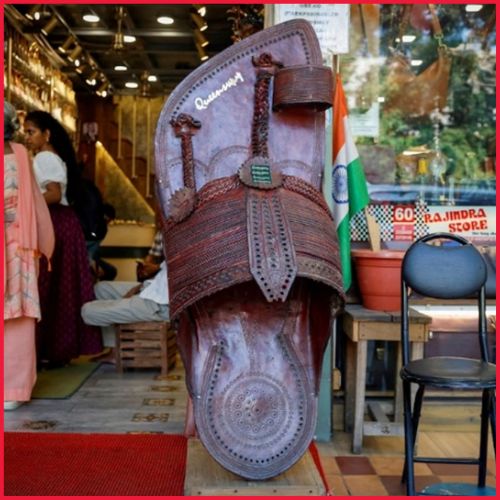The investment will be made mostly through secondary share sales; a minor primary sale will result in the injection of growth equity.
According to persons familiar with the situation, the Abu Dhabi Investment Authority (ADIA) is in advanced talks with Lenskart and its existing stakeholders about a $350-400 million investment, which would be the largest fundraising by the omni-channel eyewear retailer. According to sources, some Lenskart investors are looking for a partial exit.
The investment will be made mostly through secondary share sales, with a limited primary round of growth equity at a $4.5 billion valuation.
That is more than twice the market capitalization of Warby Parker Inc., a New York-based online retailer of prescription glasses, contact lenses, and sunglasses that was listed on the NYSE in September.
Softbank, KKR, PremjiInvest, Kedaara Capital, Temasek, Falcon Edge, Bay Capital, and Chiratae Ventures are among the investors in the 12-year-old Lenskart.
According to Tracxn data, the company has raised a total of $1.05 billion in capital over 19 rounds. It has not yet been determined which investors will be diluted and by how much.
When the investment is completed, ADIA will own about 10% of Lenskart. A final announcement is likely within the next two weeks.
ADIA and Lenskart did not respond to requests for comment.
Lenskart increased its international reach in Singapore, the United States, and the Middle East last year, and in June bought a majority stake in Japan’s Owndays, becoming one of Asia’s largest online eyeglasses shops.
The acquisition would expand the company’s direct-to-consumer (D2C) footprint in Southeast Asian markets such as Singapore, Thailand, and Taiwan.
The quick expansion resulted in a 66% increase in operating revenue in the previous fiscal year. However, the company’s success came at a cost, as it lost money in the fiscal year that ended in March.
However, it is predicted to be profitable in FY23 on a consolidated basis and to increase by 50% in the India business alone.
According to Registrar of Companies (RoC) reports, the sale of eyeglasses items has been the primary source of income for Lenskart, accounting for about 94.3% of total operating revenue in FY22.
In FY22, revenue from subscription fees increased by 14%, while revenue from leases, website license fees, scrap, and customer support fees totalled Rs 36 crore.
Peyush Bansal, the e-commerce portal’s cofounder, and CEO launched the omni-channel strategy, and Lenskart now has over 1,200 locations in India and internationally.
According to current media sources, its main domestic competitor, Tata Group’s Titan Eyeplus, has 760 locations. Lenskart expects to supply approximately seven million pieces of eyewear by 2021.
The company has a production facility in Haryana and plans to expand with a fully automated facility in Bhiwadi, Rajasthan, that will open in a few months. The world’s largest eyewear plant, it will allow Lenskart to export up to 50 million pairs each year.
“It’s not a tech company, but it has taken an omni-channel approach over time and has also massively invested in production and the essentials.” That is why, to a large extent, it has managed to avoid the tech valuation catastrophe,” said an investor who requested anonymity.
“Tech is central, but it is built atop that.” That is why, as it expands, traditional PE or growth equity investors such as TPG Growth, which later withdrew, and now KKR and Temasek find the tale intriguing… It is also investing in its private brands and direct-to-consumer strategy.”
EssilorLuxottica, formed after a €50 billion merger in 2017, is the world’s largest eyewear company, with a €80 billion market value.














